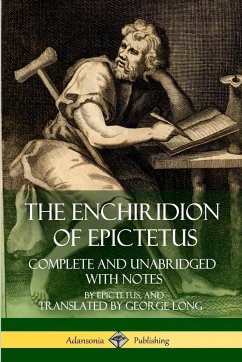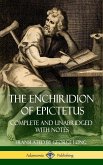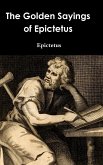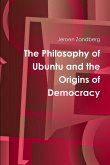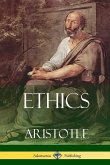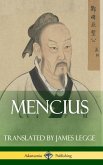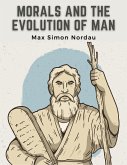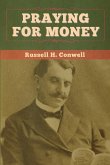The Latin term 'enchiridion' connotes a small, essential handbook that sums up a particular matter or subject. So it was with the well-regarded enchiridion of Epictetus, who successfully tranposed the most important principles of Stoicism into this text. Important for students and enthusiasts of ancient philosophy, or for those interested in undertaking a Stoical life, this book exemplifies the tenets of an ethical and Stoic philosophy. For its unstinting commitment to such, this text remained influential and much read among Greek, Roman and later Christian scholars through the centuries following antiquity. The ethical outlook of Epictetus would notably gain favour and quotation from Marcus Aurelius, the 'philosopher king' of the Roman Empire. This paperback edition includes the respected and much-consulted translation by George Long, and is complete with the translator's annotations.
Hinweis: Dieser Artikel kann nur an eine deutsche Lieferadresse ausgeliefert werden.
Hinweis: Dieser Artikel kann nur an eine deutsche Lieferadresse ausgeliefert werden.

